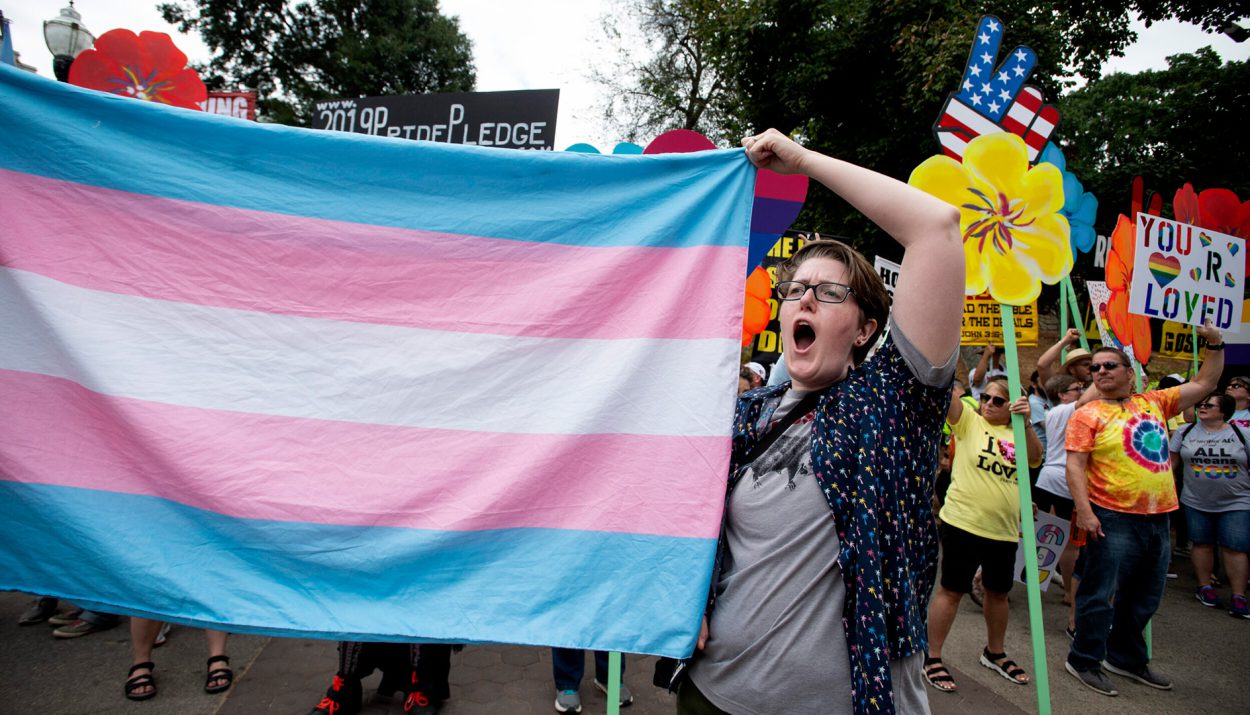The Cass Report, a major study led by Dr. Hilary Cass, has recently resulted in a significant change in the way gender identity is discussed. The National Health Service (NHS) commissioned this report to investigate the evidence behind medical interventions for children with Gender Dysphoria.
This was presented as another criticism of care based on the affirmation model; which does not possess proper scientific research as claimed. The findings of this are considered as a milestone in the field and may be seen as the beginning of the end of pseudoscience surrounding gender.
What Is The Cass Report?
The Cass Report is an independent review of services for children and young people experiencing gender identity issues. It was prompted by concerns over whether current approaches to transgender healthcare are safe and effective enough.

Its goal is to make sure that young people and children who question their gender or suffer from gender dysphoria receive appropriate care that is both holistic and safe. It pleads for prudence that demands a comprehensive assessment of the individual needs of each child.
The Historical Context Of Transgender Health Studies
Historically, there have been three main waves where the opposition movement against transgender health started rising. It began with the rise of Nazis in Europe during the era starting from the 1930s which saw prohibition on transgender clinical practice and medical research.

The second wave happened in 1979 when one research article criticizing transgender medicine closed down top US clinics. In 2021, Arkansas became among only first states out of at least 21 others to ban minors from receiving any kind of care that affirmed their genders.
Queer Studies Led To The Rise of Gender Pseudoscience
In the 1920s, new science such as hormones and sexology came up with ideas about changing an organism’s sex. That fostered establishment at Berlin for example Sexualwissenschaft Institute is famous today because it pioneered queer studies and trans studies.
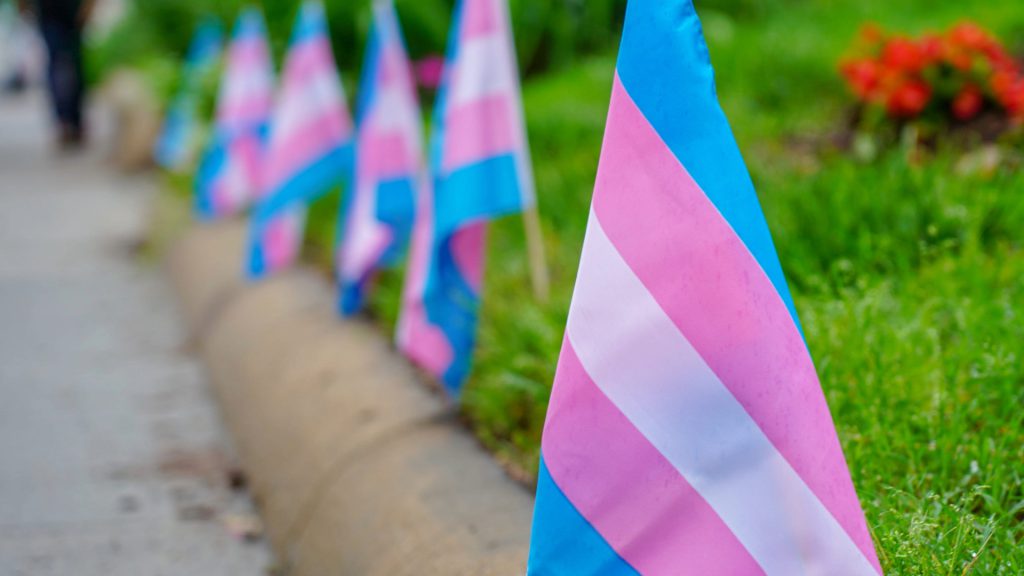
However, these early advancements were characterized by pseudo-scientific theories and practices that relied on gender stereotypes and misconceptions.
Gender Pseudoscience Was Curtailed In Europe
However, due to the Nazis’ rise in 1933, transgender clinical practice and medical research in Europe were severely curtailed marking the beginning of the first wave against transgender healthcare.
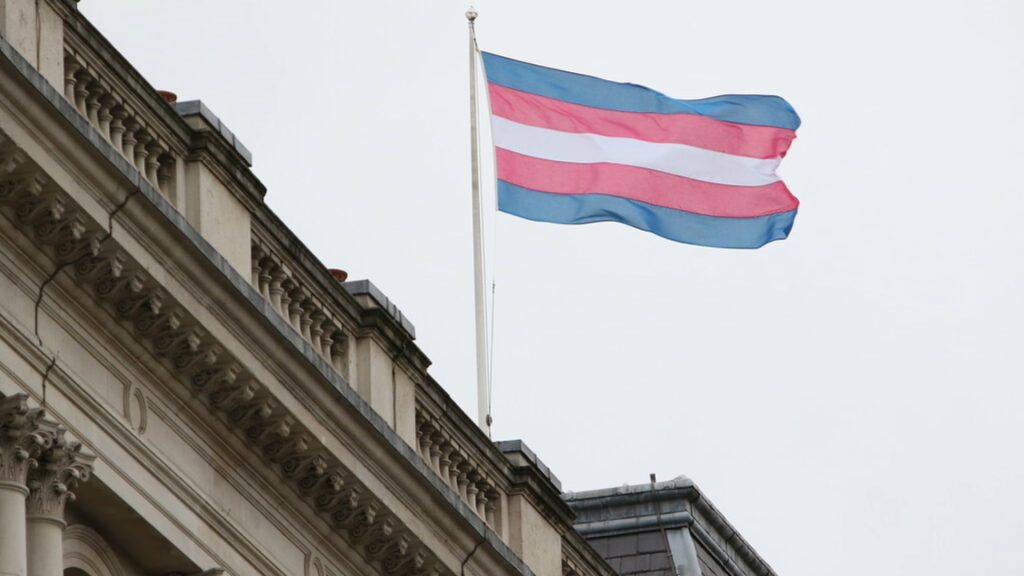
The group was driven by their rigid ideology as well as the misappropriation of science regarding race and gender; hence they systematically dismantled the Sexualwissenschaft Institute, terrorizing its staff. It was a dark period when scientific researches were suppressed and dangerous myths about transgender people were propagated.
Respected Transgender Clinics Have Closed In The US
The second wave of opposition occurred in 1979 when a research report critical of transgender medicine led to the closure of the most well-respected clinics in the United States.

This involved a report authored by Dr Paul McHugh who at that time was Johns Hopkins Hospital’s psychiatrist-in-chief claimed that there are no mental health benefits for transgenders after undergoing gender surgeries.
Gender-Affirming Care Has Been Banned In 22 States
Arkansas became the first US state to ban gender-affirming care for minors in at least 21 other states, which is what marked the beginning of the third wave. Medical professionals and human rights organizations have widely condemned this legislation, which is often justified with pseudoscientific claims about the harms of gender-affirming care.

However, these laws are significant as they limit access to essential health care for transgender young people.
The Cass Report Is A Response to Pseudoscience
These waves of opposition were addressed by the Cass Report which gave a scientific approach based on evidence regarding gender identity services. Dr. Hilary Cass headed this report and she is a notable pediatrician as well as a former president of the Royal College of Paediatrics and Child Health which provides an extensive review of the existing evidence in respect of gender identity services for children and young people.
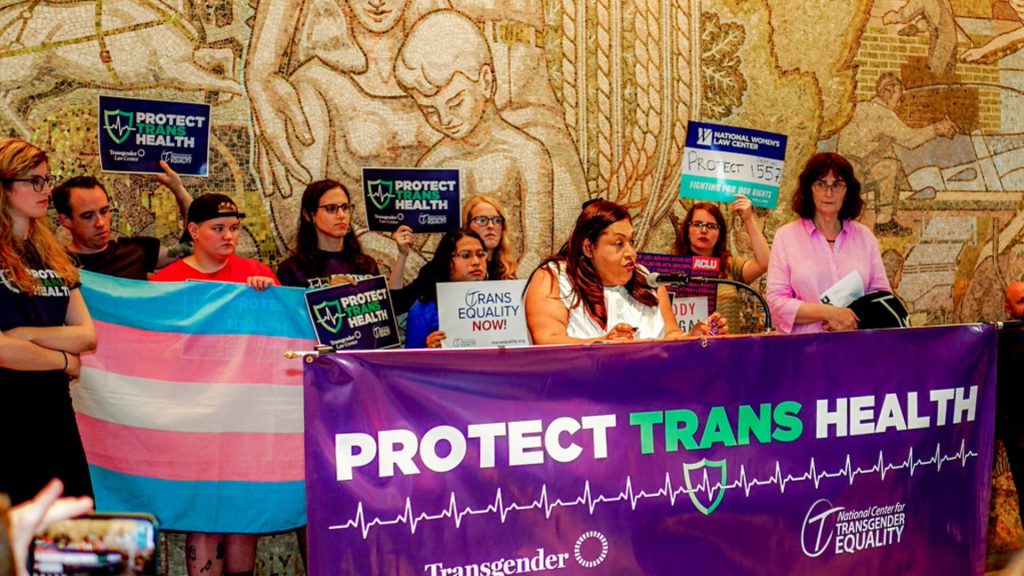
It challenges the affirmation model of care, which has been criticized for its lack of rigorous scientific evidence, and calls for a more cautious, individualized approach to care.
The Findings of the Cass Report
The affirmation model especially on its implementation in NHS’s now closed gender clinic is “built on shaky foundations” and supported by “remarkably weak evidence”.

This model has become common practice in various gender clinics globally that are involved in affirming a child’s self-identified gender identity as well as providing medical interventions like puberty blockers and cross-sex hormones.
How The Report Will Impact Gender Pseudoscience
Many have interpreted the Cass Report as marking the end of gender pseudoscience; it has transformed discussions about gender identity, unlike any other publication before it. The scientific underpinnings upon which these services are founded have been heavily criticized by this report, causing an overdue debate.

Its findings have been widely reported by media outlets, thus leading to increased scrutiny of transgender clinics with many calls for changes.
The Future of Gender Identity Services
Accordingly, according to the Cass Report, a holistic assessment should consider mental health, neurodevelopmental conditions, and social environment. This represents a significant departure from the affirmation model, which focuses primarily on a child’s self-identified gender identity.

The authors argue that they need to take into account all biological-psychological-social factors influencing development while discussing children’s conceptions about gender.
The Cass Report Has Faced Severe Opposition
However; despite its rigor, six out of seven adult gender clinics in the UK have done everything to prevent her from deep-diving into it by colluding not to give data. This resistance underscores the deeply entrenched beliefs and practices that pervade the field of gender identity services.

However, the report’s recommendations must be implemented and gender identity services must change as a result.
The Role of Society In Gender Identity
This is evident through some issues that involve gender identity which according to the Cass Report are matters for wider societal debate. It calls for a compassionate, safe, and effective response from the NHS. According to this report, gender identity is not only about health but also about society.

The need for dialogue on gender identity within society is underscored in this report as well as the creation of supportive environments for questioning children and young people with regards to their gender or experiencing sex dysphoria.
The Cass Report and Its Global Implications
The Cass Report has implications beyond its borders that are far-reaching. The international controversy it ignited can alter the policies and actions of other nations. It is an invitation to all global healthcare givers to scrutinize their approaches and strive for individualized information-oriented medicine.
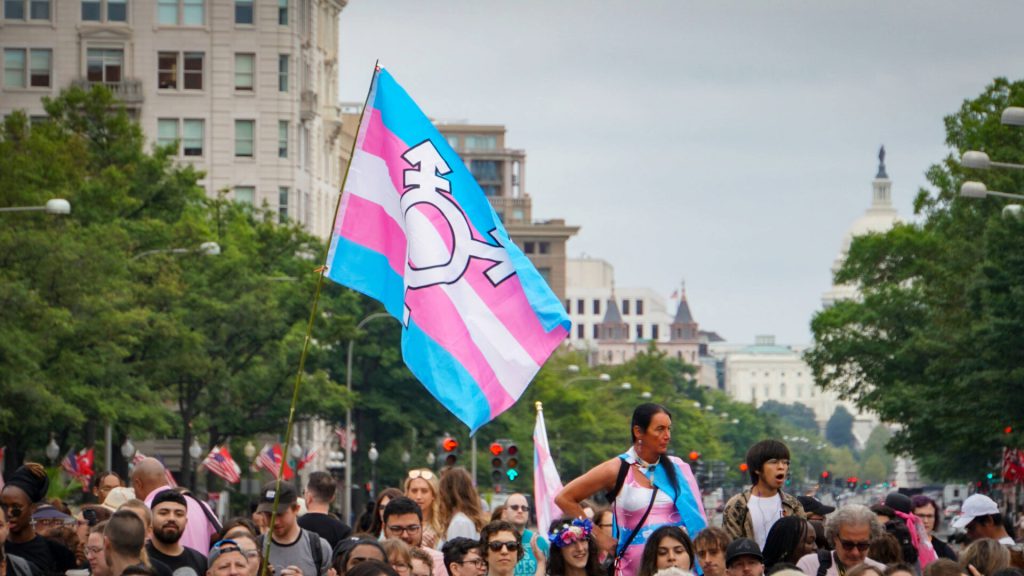
It emphasizes the global need for rigorous scientific research on gender identity issues, and medical care that acknowledges the different lived realities of transgender persons
The Report Challenges Prevailing Models Of Care
The Cass Report marks a significant turning point in the discourse surrounding gender identity. It serves as a stark reminder of the importance of rigorous, evidence-based approaches in healthcare. The report’s findings challenge the prevailing affirmation model of care and call for a more cautious, individualized approach.
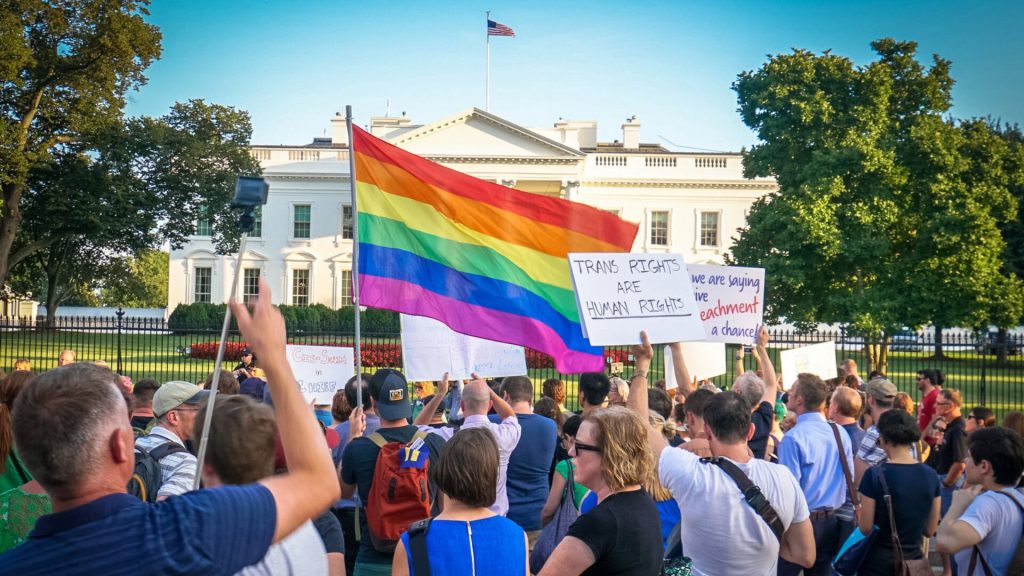
It represents a major step forward in the fight against gender pseudoscience and offers hope for a future where gender identity services are based on sound scientific evidence and respect for the individual experiences of children and young people.

